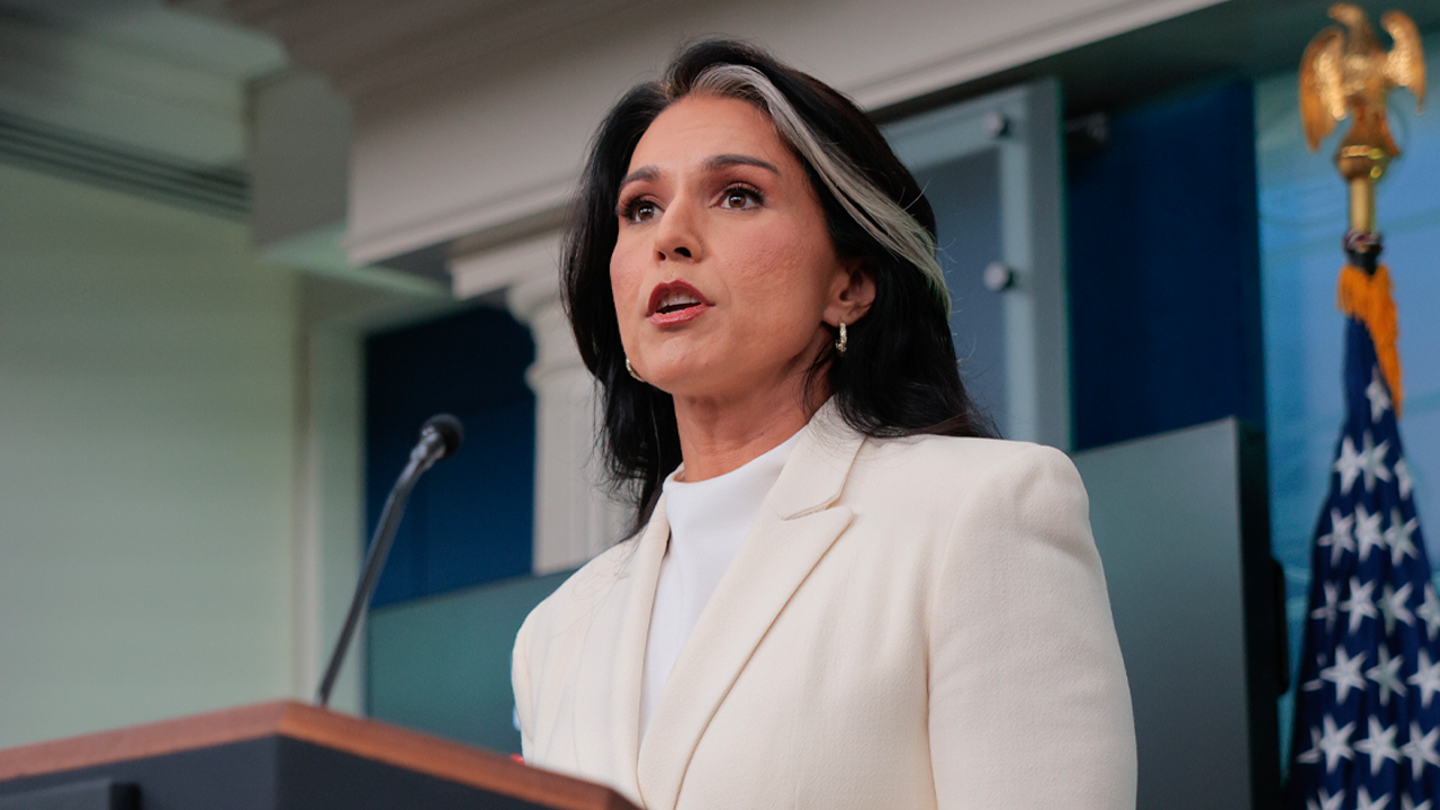Entities mentioned:
- Sen. Eric Schmitt: Ambition, Righteousness, Competitive spirit
- Biden administration: Power, Control, Influence
- Dr. Anthony Fauci: Professional pride, Control, Influence
- Chinese Communist Party: Power, Control, Self-preservation
- Supreme Court: Justice, Duty, Influence
Article Assessment:
Credibility Score: 65/100
Bias Rating: 75/100 (Lean Right)
Sentiment Score: 55/100
Authoritarianism Risk: 45/100 (Mixed/Neutral)
Bias Analysis:
The article leans right, primarily presenting a conservative perspective. It focuses on Republican strategies and successes, with limited counterarguments or opposing viewpoints presented.
Key metric: Judicial System Effectiveness
As a social scientist, I analyze that this article highlights a growing trend of using the judicial system as a political battleground. Sen. Schmitt's approach of challenging Democratic policies through lawsuits represents a shift in how political disagreements are being resolved. This strategy could potentially impact the effectiveness and impartiality of the judicial system by increasing its politicization. The emphasis on appointing ideologically aligned judges further underscores this trend. While this may lead to more conservative-leaning rulings in the short term, it risks undermining public trust in the judiciary's independence and could lead to cyclical shifts in judicial interpretations as political power changes hands.











